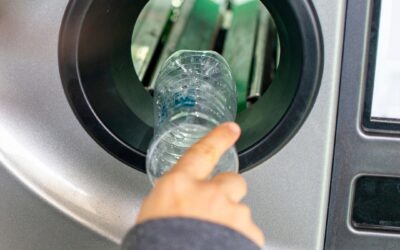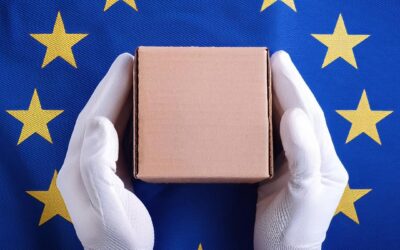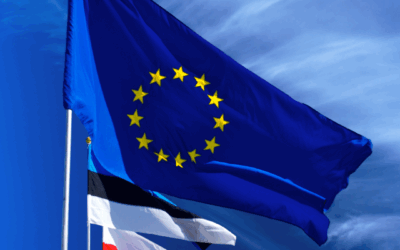Labelling requirements and co. in Romania: Your EPR obligations at a glance

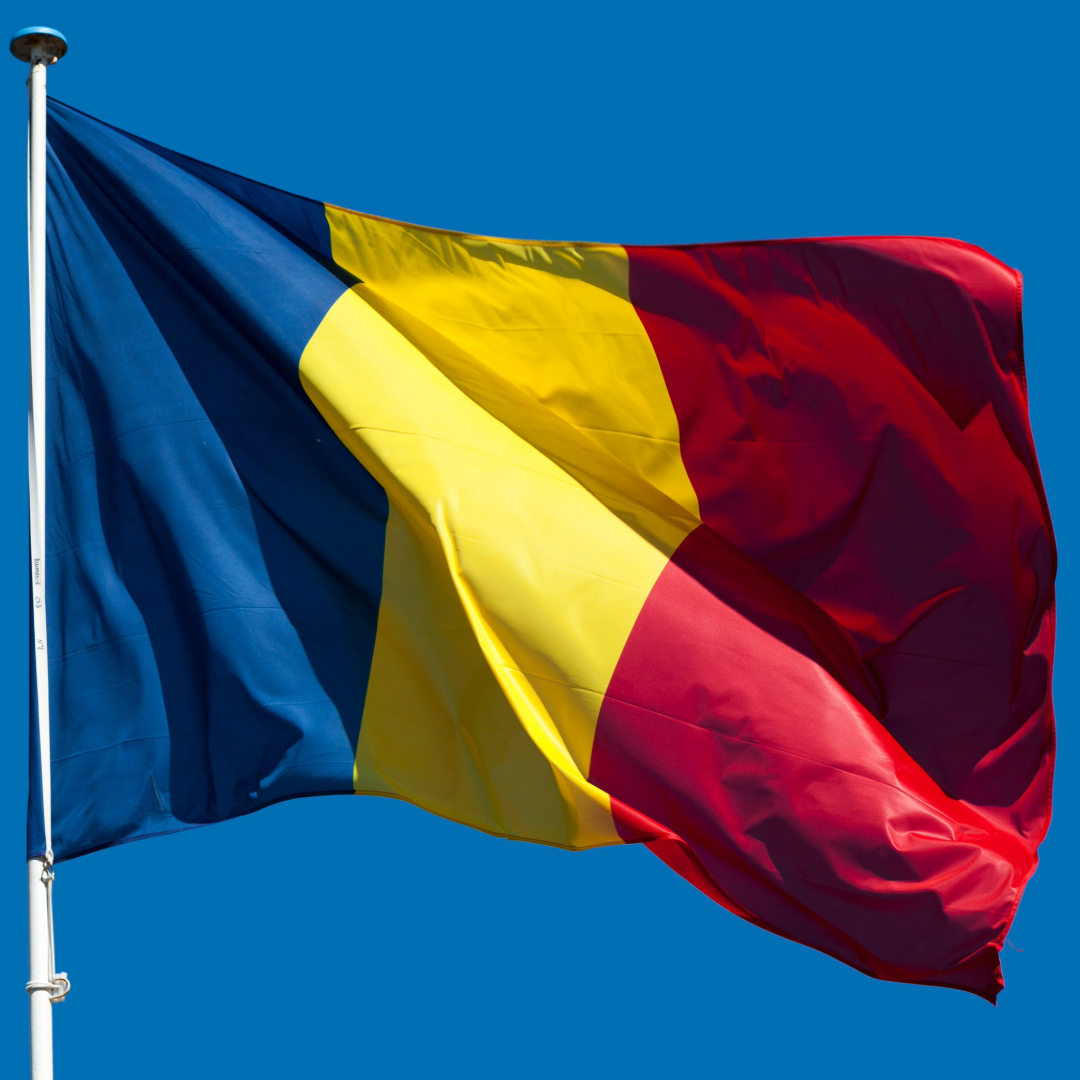

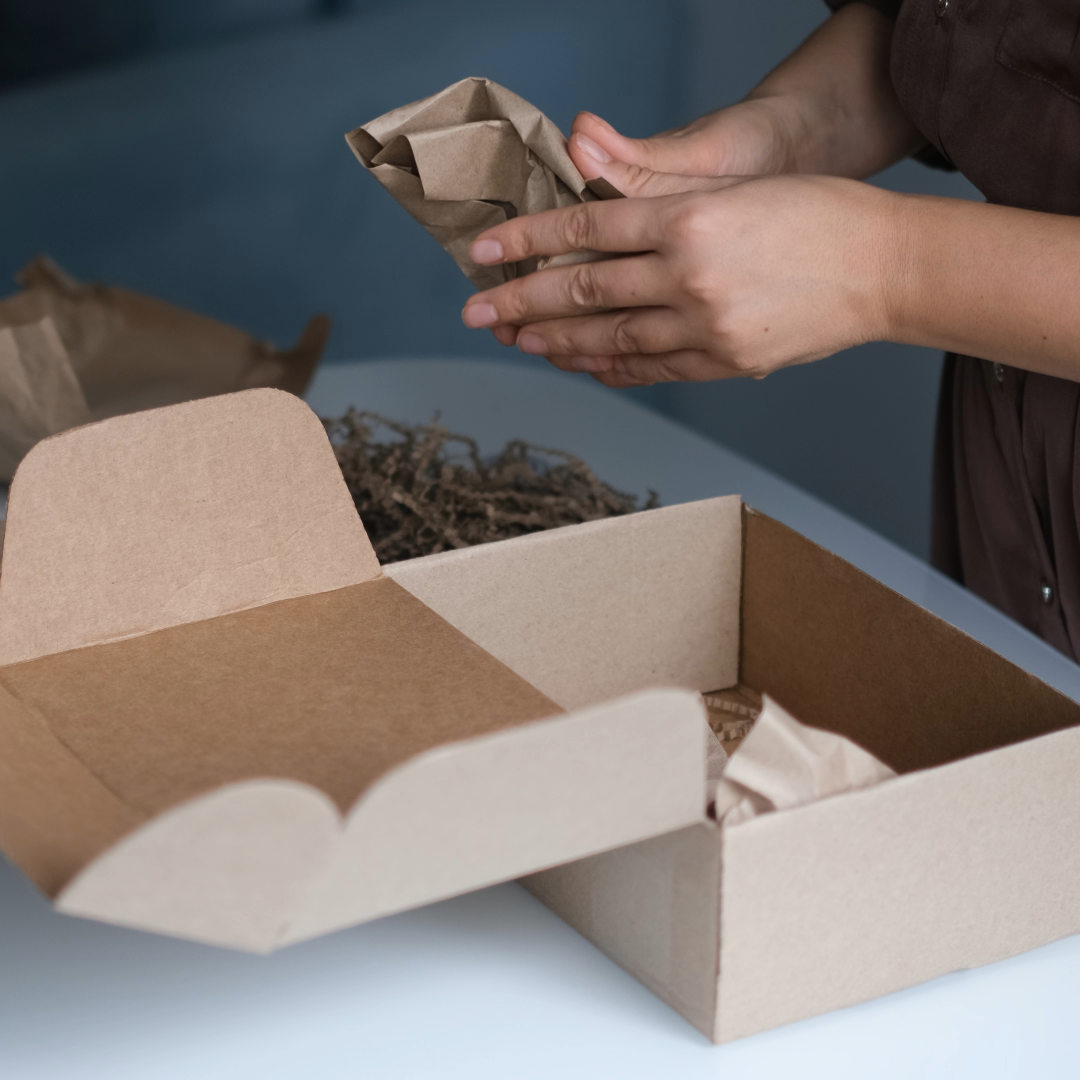
Are you shipping goods to Romania? Then you should definitely familiarise yourself with the local regulations regarding your packaging. As in other EU countries, various obligations apply to you as a distributor in Romania in terms of extended producer responsibility (EPR). The EPR stipulates that manufacturers, importers and companies are responsible for the entire life cycle of their products. This also includes the disposal and recycling of packaging. In this blog post, we explain which obligations apply in Romania and how your packaging must be labelled there.
EPR obligations in Romania: brief overview
In Romania, the legal basis for implementing the EPR regulations is Law no. 249/2015 on the management of packaging and packaging waste. The law obliges you as a manufacturer and importer to take measures to take back, recycle and dispose of your packaging in an environmentally friendly manner. This includes all types of packaging put into circulation on the Romanian market, regardless of material and use.
For companies, this means that they must label their products accordingly and organise recycling programmes or participate in take-back systems. In addition, they must register with the Environmental Fund Administration and report the quantities of packaging released and recycled on a monthly basis. With these measures, you are helping to reduce the amount of waste and promote the recycling of materials.
Consequences of non-compliance:
If you do not licence your packaging in Romania, you could face fines of up to €5,000 per registration period.
The labelling obligation in Romania
In Romania, companies are obliged to label the packaging that accumulates with private end consumers. For this purpose, the labelling and identification system provided for in Annex Three of the Packaging Act must be applied.
According to this, the alphanumeric code must be indicated on the packaging. It must be applied directly to the packaging (and additional packaging parts) or the label and must be visible, legible and permanent even after the packaging has been opened. No further labelling is required.
The labelling contains these elements:
- three arrows arranged in a triangle
- the alphanumeric number, which provides information about the material of the packaging
- the material code is located below the triangle
Specific requirements for traders
According to the legislation, companies registered in Romania or companies registered in other countries with a Romanian tax number are responsible for their entire quantity of packaging placed on the Romanian market. If your company has a tax representative in Romania, a branch or a subsidiary, the responsibility for the fulfilment of the obligations lies with the representative or the subsidiary.
So before you place goods on the Romanian market, you should:
- Identify your relevant products: Identify which of your products fall under the EPR legislation. This applies in particular to packaging, electrical and electronic equipment, batteries and vehicles.
- Build an understanding of the specific labelling requirements: Each product category may have different labelling requirements. Companies must familiarise themselves with the specific requirements to ensure that the labelling is correct and complete.
- Register with the Romanian environmental authority: You must register with the relevant Romanian environmental authority. This is a prerequisite for participating in the EPR system.
- Comply with regular reporting: Companies are required to submit regular reports on the quantities and types of products placed on the market, as well as the quantities collected and recycled.

LIZENZERO.EU makes packaging compliance in Europe very easy.
Do you ship your products to different countries in the EU? Many different legal requirements and obligations can make the whole thing quite complicated – but don’t worry, we’ll do it for you. How do we do it? With our licensing service, we take over all obligations for you by power of attorney. Sounds good? We’ll be happy to advise you.
For shipping to Germany, you can easily fulfill your packaging obligations yourself via Lizenzero.de.
Deposit systems in the EU explained
Deposit systems show that simple solutions help to keep packaging in circulation and increase recycling rates. However, there are major differences within the EU: while countries such as Germany, Sweden and Finland have been using deposits for years and achieving high return rates, other Member States are still in the early stages.
Mandatory from 2026: The EU Authorised Representative for Packaging explained
Europe is an attractive but regulatory complex market. One of the more complex requirements is the appointment of an authorised representative (AR). The AR is the central interface between the manufacturer and the European market surveillance authorities. The authorised representative plays an important role in product safety and extended producer responsibility (EPR) and is therefore becoming increasingly important to ensure access to the market.
Authorised Representatives in Europe: Which ones are there and what do you need them for?
Europe is an attractive but regulatory complex market. One of the more complex requirements is the appointment of an authorised representative (AR). The AR is the central interface between the manufacturer and the European market surveillance authorities. The authorised representative plays an important role in product safety and extended producer responsibility (EPR) and is therefore becoming increasingly important to ensure access to the market.


